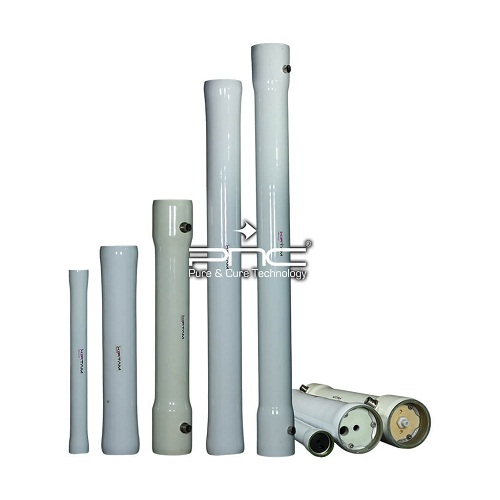
Our Product
MATRIX
The Matrix: A Philosophical and Cinematic Revolution
The Matrix (1999), directed by the Wachowskis, is more than just a groundbreaking action film—it's a profound exploration of the nature of reality, free will, and humanity's relationship with technology. The film is set in a dystopian future where humans unknowingly live in a simulated reality, the "Matrix," created by sentient machines to control and pacify the human race. Beneath its action-packed surface, The Matrix raises questions that have fascinated philosophers, technologists, and artists for centuries: What is real? Can we trust our senses? And who controls our reality?
1. Plot Overview
The story centers around Neo (Keanu Reeves), a computer hacker who is awakened to the truth of the world around him. Neo learns from Morpheus (Laurence Fishburne) and his team of rebels that the world he experiences is not real. Instead, it's a computer-generated simulation, a product of machine dominance after a war with humanity. As a "Chosen One," Neo is believed to have the ability to manipulate and ultimately destroy the Matrix, leading to an epic struggle for control of both the virtual and real worlds.
2. Philosophical Themes
At its heart, The Matrix is a meditation on the boundaries between reality and illusion. Drawing from classical philosophy—particularly Plato's "Allegory of the Cave"—it explores the idea that our perceptions of the world may be shaped by forces outside our control. Just as prisoners in the cave mistake shadows on the wall for reality, the humans in the Matrix live in a world that is fabricated by machines.
The film's central question is: What is reality? If our experiences can be manipulated, how can we ever know what is real? The Matrix itself is a metaphor for societal control and the limits placed on human freedom, echoing concerns about technology, capitalism, and the manipulation of information in the modern world.
3. Free Will vs. Determinism
A key theme in The Matrix is the tension between fate and free will. Neo is told he is "the One," a messianic figure prophesied to free humanity from the Matrix. However, as the story unfolds, Neo’s choices—whether to accept or reject his destiny—become crucial in determining the outcome of the war between humans and machines. The film challenges the concept of destiny, suggesting that even within a deterministic system, free will and individual choice can still hold transformative power.
4. The Nature of Control
Another layer of the film explores the idea of control: both the literal control that the machines have over the human population and the psychological control that keeps them docile. The Matrix functions as a system of oppression, keeping humans locked in a false reality where they remain unaware of their true condition. In this sense, The Matrix is a critique of systems of control—whether political, technological, or social—that keep people trapped in conformity and ignorance.
5. Cultural Impact
The Matrix has become one of the most influential films of the late 20th and early 21st centuries. Its revolutionary use of visual effects, particularly the "bullet time" technique, and its blending of cyberpunk aesthetics with traditional action film tropes set it apart from other films of its era. The film's impact extends beyond cinema into popular culture, influencing everything from video games (e.g., The Matrix Online) to philosophy and even memes. Iconic moments, such as Neo’s red pill choice and the slow-motion bullet-dodging scene, have become part of the collective cultural lexicon.
6. The Matrix and Technology
At a time when the internet was becoming more ingrained in daily life, The Matrix tapped into growing anxieties about the role of technology in society. The film presciently anticipated the rise of artificial intelligence and virtual reality—technologies that are now central to discussions about the future of humanity. The machines in The Matrix represent the ultimate form of technological dominance: a reality entirely controlled by artificial intelligence, with humans relegated to the status of mere resources.
7. The Legacy
The success of The Matrix spawned two sequels—The Matrix Reloaded (2003) and The Matrix Revolutions (2003)—which continued the exploration of these themes, albeit with a more expansive (and at times more complex) narrative. While the sequels received mixed reviews, the original Matrix remains an enduring work of art, often revisited by those seeking to understand the relationship between technology, consciousness, and reality.
Conclusion
The Matrix remains a seminal film that encourages viewers to question the world around them. It’s a film that is both intellectually stimulating and visually thrilling, combining cutting-edge special effects with deep, existential themes. As technology continues to evolve, the questions it raises about simulation, control, and human agency are more relevant than ever. Whether you're watching for its action-packed scenes or its philosophical depth, The Matrix invites us to ask: What is real—and how do we know?

